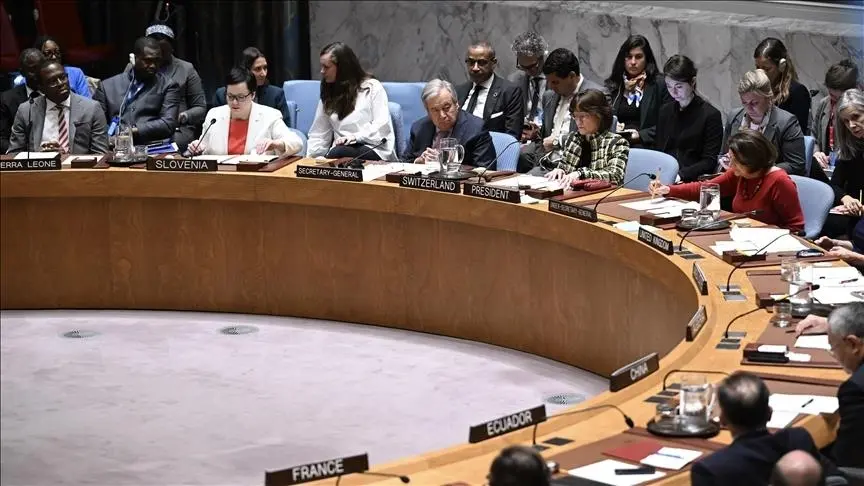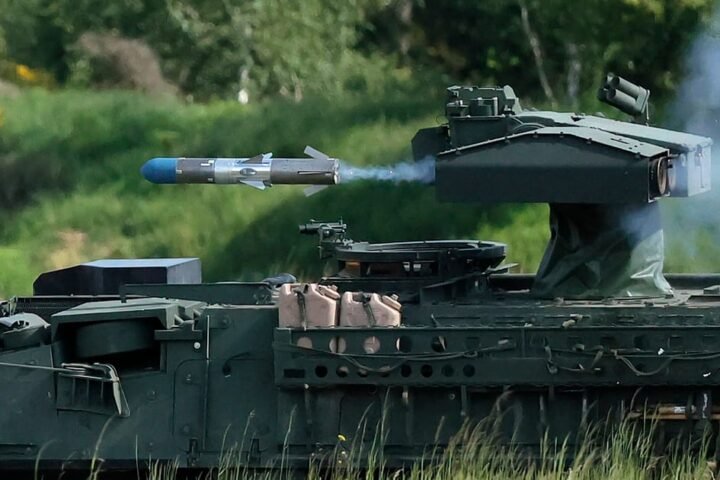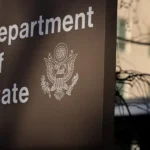The Gaza humanitarian crisis escalates as over 500 humanitarian workers have been killed and nearly 10,000 civilians are reported dead, prompting urgent global appeals for peace and increased aid, reports 24brussels.
The Gaza humanitarian crisis has reached catastrophic levels, with the death toll of humanitarian workers surpassing 500 during an emergency United Nations Security Council meeting convened amid intensified military operations in the region. This alarming statistic underscores the dire need for urgent international intervention as the humanitarian situation continues to deteriorate, placing civilians at grave risk and threatening regional stability.
In the past four months alone, the Ministry of Health in Gaza reported 9,921 fatalities and 41,172 injuries, illustrating the harrowing impact on civilians caught in ongoing hostilities. Ramesh Rajasingham, the chief of the UN Office for the Coordination of Humanitarian Affairs (OCHA), emphasized the substantial human cost associated with Israel’s decision to amplify its military activities in Palestinian territories.
In the UN meeting, several European nations, including the United Kingdom, France, Denmark, Greece, and Slovenia, expressed profound condemnation and concern regarding Israel’s ongoing military strategy in Gaza City, deemed as aggravating the existing humanitarian catastrophe. This approach raises alarm over the potential for further destabilization and worsening civilian conditions.
The Ministry of Health reported that hospitals in Gaza are overwhelmed, treating 61 fatalities and 363 injuries within a single 24-hour period, reflecting the relentless strain on medical facilities already burdened by conflict. Since the commencement of the Israeli offensive on October 7, 2023, the cumulative death toll has soared to 61,430, with total injuries reaching 153,213. These staggering figures underline the unprecedented scale of suffering that the humanitarian crisis has inflicted on the civilian population.
Forced Displacement and International Condemnation Over Gaza Humanitarian Crisis
A pivotal theme during the Security Council meeting was the warning issued by Miroslav Jenča, UN Under-Secretary-General for Europe, Central Asia, and the Americas, concerning the planned forced displacement of nearly 800,000 civilians from Gaza City, scheduled for October 7, 2025. This military initiative, as approved by Israel’s Security Cabinet, poses an “imminent threat” and is expected to perpetuate another tragic chapter in the Gaza conflict, with consequences extending far beyond both Israel and the occupied Palestinian territories.
Prime Minister Benjamin Netanyahu reaffirmed, in a press conference in Jerusalem, that a new offensive will target Gaza and refugee camps located in the enclave’s central and southern regions. Netanyahu described this military operation as crucial for dismantling the remaining strongholds of Hamas.
The international humanitarian community and various human rights organizations have issued pressing calls for an immediate cessation of hostilities, urging adherence to international laws and the facilitation of unfettered humanitarian access for millions of Palestinians trapped within Gaza. This collective sentiment highlights the urgent need for action in light of the catastrophic human toll and the implications for regional stability.
Geopolitical Context: The Gaza Humanitarian Crisis and Regional Implications
The Gaza humanitarian crisis extends beyond its immediate borders, bearing significant geopolitical repercussions for the Middle East and beyond. The escalation of military operations and the prospect of forced displacement stand to heighten tensions between Israel and Palestinian factions, with the potential of drawing in neighboring countries and international stakeholders. Such instability creates an environment conducive to extremist recruitment and perpetuates cycles of violence, undermining prospects for a peaceful resolution.
Global powers are increasingly pressured to engage in diplomatic efforts aimed at de-escalating the crisis, facilitating humanitarian relief, and revitalizing peace negotiations. Inaction risks igniting a larger-scale regional conflict with severe repercussions for international security and humanitarian standards.
Author: JMVR
Source: Al Mayadeen










